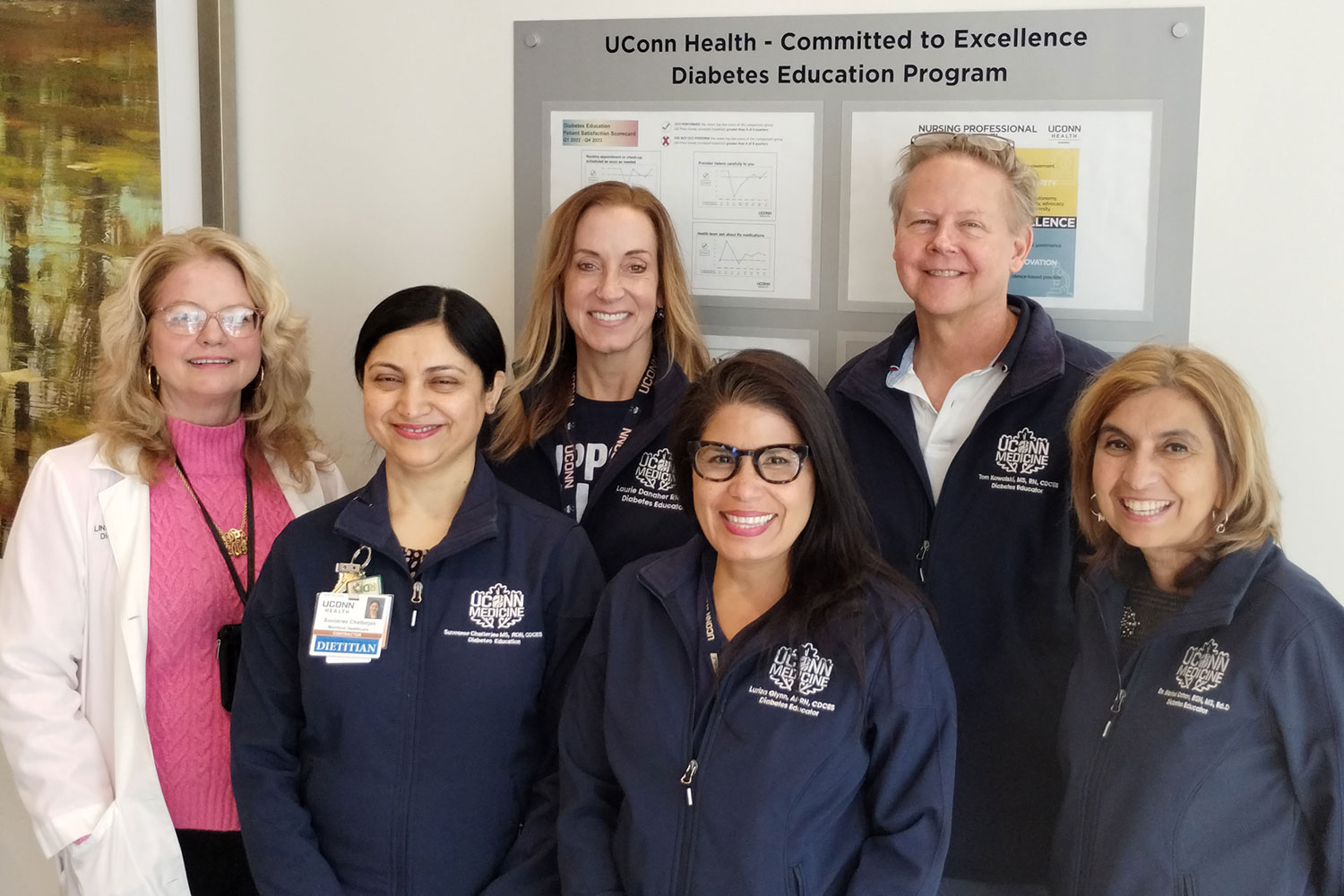UConn has reached a partnering agreement with the U.S. Department of Energy’s (DOE’s) National Renewable Energy Laboratory (NREL) on a collaboration for clean energy innovation and grid resilience.
NREL will establish a research collaboration with UConn at the Innovation Partnership Building (IPB) at the UConn Tech Park designed to leverage scientific knowledge and state-of-the-art facilities to address global energy challenges, including energy efficiency and resiliency, renewable energy technologies, and smart grid innovation.
“The partnership between UConn and NREL further builds our university’s reputation as a leader in the field of clean energy research and innovation,” says UConn President Radenka Maric. “Connecticut is known as the birthplace of the fuel cells that provided electricity to the command module in the Apollo moon mission. A great deal of related education, research, training, and demonstration related to fuel cells, hydrogen, and batteries happened and continues to happen at UConn.
“As one of only five research universities to collaborate with NREL in the eastern United States, we are in a select group of leading institutions whose work will shape the way bus

inesses and governments respond to the energy challenges of the 21st century,” Maric says. “I am proud that UConn is playing an important role in this crucial sector, and I am excited to see the creativity and determination our faculty and students bring to this work.”
NREL is one of 17 DOE national laboratories uniquely focused on creating a clean energy future. Based in Golden, Colo., NREL has a vast network of industry, academic and government partners throughout the world.
UConn is now a member of a prestigious cohort of universities engaged with NREL through its University Partnerships Program. It joins MIT, Princeton, Georgia Tech, and Carnegie Mellon, to name a few, in the eastern half of the country. Through its University Partnership Program, NREL works across disciplines to enhance research, foster an exchange of ideas, mobilize resources and create opportunities for undergraduate and graduate students in cutting-edge fields related to the clean energy economy.
“NREL sees the partnership with UConn as a critical part of achieving clean energy at scale that brings together talent from both institutions to further our collective goals,” says Dr. Ellen Morris, director of University Partnerships at NREL.
Among the many goals of the partnership, UConn and NREL will work together to invest in the development of joint solutions to clean energy challenges in the Northeast and increase funding opportunities not otherwise available to either individual institution. The program enables pathways for undergraduate and graduate students to work jointly with NREL scientists and UConn faculty.
“Partnering with NREL opens UConn to unlimited possibilities and advancements in clean energy research and innovation,” says Dr. Pamir Alpay, UConn’s interim vice president for research, innovation, and entrepreneurship. “We have worked hard to build our reputation as a leader in the field, creating opportunities for students and our faculty to contribute global solutions to meet energy needs and reduce dependency on carbon. NREL brings resources and collaborations that expand our reach, to the benefit of the energy and workforce infrastructure of UConn and the state.”
NREL will support research in the IPB, UConn’s state-of-the-art facility for laboratories and specialized equipment. Several national and international companies and organizations support research centers within the IPB, collectively investing more than $150 million in the UConn Tech Park.
The IPB is the home of highly visible energy centers, including the Eversource Energy Center, a dynamic partnership with New England utility company Eversource Energy that advances leading interdisciplinary research and technology to ensure the reliable provision of clean power and resilience to extreme events; the DOE Southern New England Industrial Assessment Center, which offers energy efficiency audits to small and medium-sized manufactures across the southern New England region; and the Connecticut Center for Applied Separation Technologies, which supports the industry through research and development to identify energy and cost-efficient solutions for separations needs.
The NREL partnership is the latest endeavor for UConn in its growth in clean energy research and innovation. In May, U.S. Secretary of Energy Jennifer M. Granholm visited the IPB and the Center for Clean Energy Engineering, where she called UConn and its Assessment Center an “example of what we want to have happen across the country.”
“It’s just really an exciting time to be in this energy space,” Granholm said during her visit. “We feel like we’re in the middle of history being made. Sometimes it’s hard to tell that you’re making history when you are in the middle of it, but we are right in the thick of just an incredible time.”



